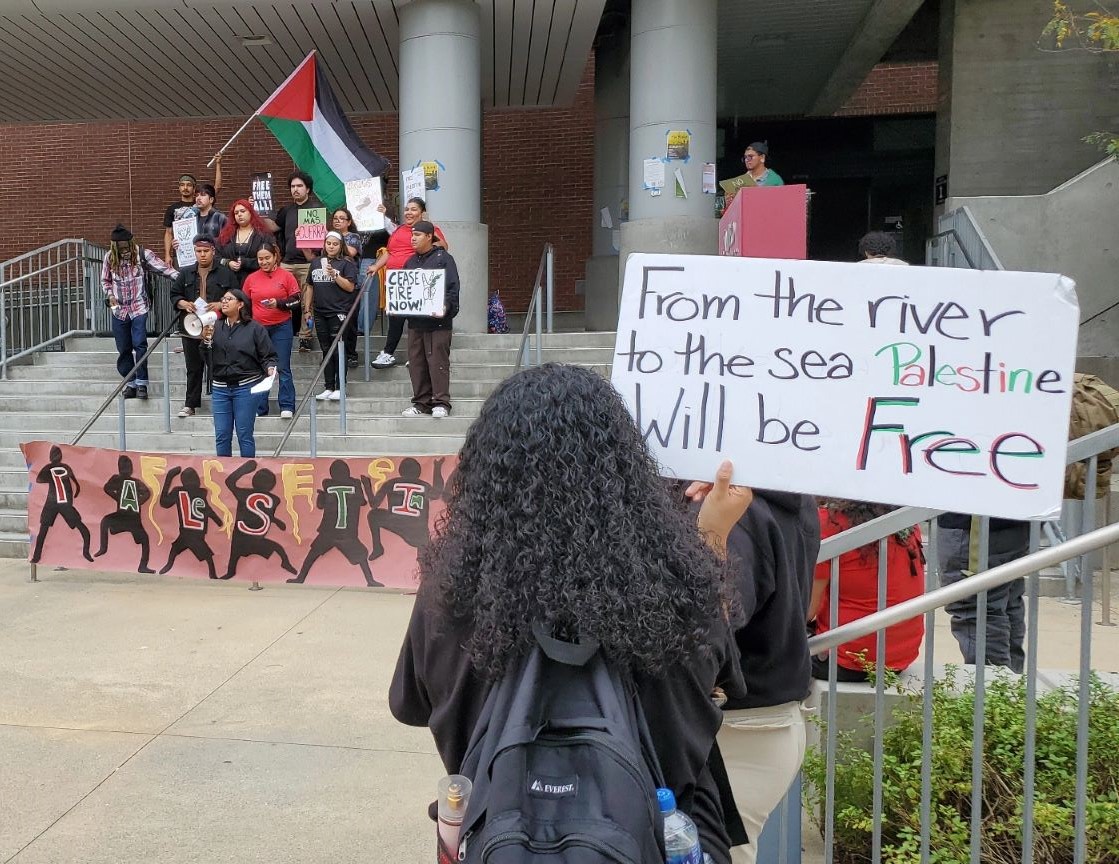Sept. 20 marked the end of “Don’t Ask, Don’t Tell,” the policy that for 18 years kept gay and lesbian military personnel from disclosing their sexual orientation.
Many argue that the “Don’t Ask, Don’t Tell” policy should be reinstated and some Republican presidential candidates promise reinstatement of the policy as part of their campaign.
The argument used by those opposed to the repeal is that “Don’t Ask, Don’t Tell” actually protects gays and lesbians since it bars superiors and coworkers from asking a person about their sexual orientation in the first place. The real fact though is that gays can still not be asked about their sexual orientation, even after repeal. Think of it as just the “don’t ask” part still implemented, the “don’t tell” part done away with.
“Don’t Ask, Don’t Tell” never provided protection for closeted service members. Mike Almy, a former Major in the Air Force, was discharged in 2005 when superiors went into Almy’s personal e-mail and found evidence that ended up being the sole basis for his discharge.
More than 14,500 homosexual military members have been kicked out under the “Don’t Ask, Don’t Tell” policy according to the Service Members Legal Defense Network, a group that provides legal advice to people that were discharged under “Don’t ask, Don’t Tell.”
According to a report by the Government Accountability Office keeping “Don’t Ask, Don’t Tell” in place cost nearly $200 million in just a five year period, 2004 – 2009. In a time of an alarming downshifting economy, we could sure use that money towards other military programs.
In 2010 the Department of Defense initiated a survey to see how most GIs feel about gay service members. The survey found most people in the military, 70 percent, either supported a repeal of “Don’t Ask, Don’t Tell” or did not care.
Support from people who once supported the policy has shifted since the law went into effect 18 years ago.
“In the almost 17 years since the ‘Don’t Ask, Don’t Tell’ legislation was passed, attitudes and circumstances have changed,” said Colin Powell, the former Secretary of State.
Whether someone is for or against gay rights, all Americans should be focused toward the happiness of our military. This includes the gay and lesbian servicemembers.








